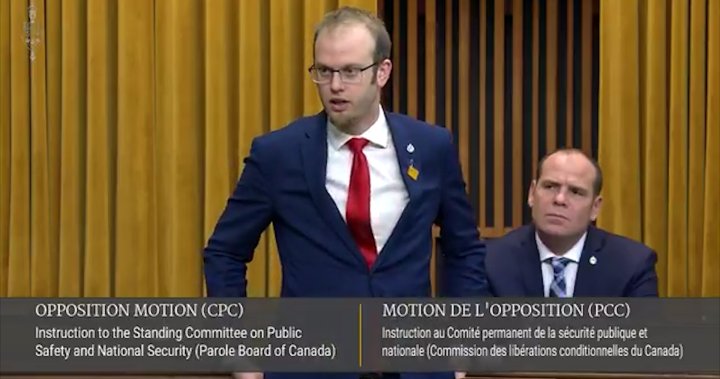SunriseChampion
Senior Member
Kim's Convenience is about as funny as every time I accidentaly cut myself at work.
Working Moms was alright.
Baroness von Sketch is hit and miss.
Schitt's Creek was.......underwhelming ( I watched the first series).
We need something of like Peep Show, Fawlty Towers, or People Just Do Nothing calibre or something as ridiculous as any British panel show.
Or at least something as ludicrous as Seinfeld. Or something like It's Always Sunny In Philadelphia.
Kim's Convenience ain't it. I wan't to laugh, not roll my eyes. I do that enough on the internet....they're going to get stuck back there soon.
Working Moms was alright.
Baroness von Sketch is hit and miss.
Schitt's Creek was.......underwhelming ( I watched the first series).
We need something of like Peep Show, Fawlty Towers, or People Just Do Nothing calibre or something as ridiculous as any British panel show.
Or at least something as ludicrous as Seinfeld. Or something like It's Always Sunny In Philadelphia.
Kim's Convenience ain't it. I wan't to laugh, not roll my eyes. I do that enough on the internet....they're going to get stuck back there soon.








